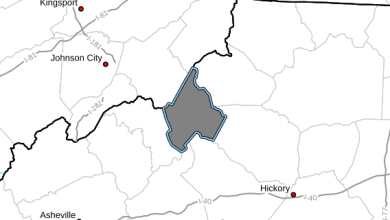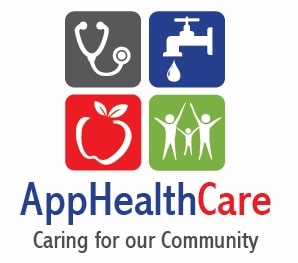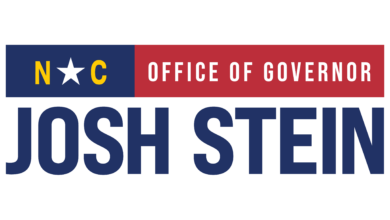Last Updated on February 12, 2022 6:45 pm
A North Carolina person has tested positive for novel coronavirus (COVID-19). The test, conducted by North Carolina State Laboratory of Public Health, is presumptively positive and will be confirmed by the U.S. Centers for Disease Control and Prevention (CDC) lab. The person is doing well and is in isolation at home.
“I know that people are worried about this virus, and I want to assure North Carolinians our state is prepared,” said Governor Roy Cooper. “Our task force and state agencies are working closely with local health departments, health care providers and others to quickly identify and respond to cases that might occur.”
The North Carolina person from Wake County traveled to the State of Washington and was exposed at a long-term care facility where there is currently a COVID-19 outbreak. Local health department officials are identifying close contacts to monitor symptoms and contain spread. To protect individual privacy, no further information will be released.
While awaiting confirmation of results from the CDC, the Department of Health and Human Services (DHHS) will treat presumptive cases as positive and follow CDC guidelines to protect public health and limit the spread of infection.
Today’s announcement represents an isolated case, and COVID-19 is currently not widespread in North Carolina. Because COVID-19 is most commonly spread through respiratory droplets, North Carolinians should take the same measures that healthcare providers recommend annually to prevent the spread of the flu and other viruses, including washing your hands, avoiding touching your face, and covering coughs and sneezes.
Last month, Governor Cooper established the Novel Coronavirus (COVID-19) Task Force to support the state’s ongoing effort to monitor, prepare for and respond to COVID-19. State actions include:
- Aggressively pursuing containment strategy of rapid identification, testing and contact tracing.
- Engaging in daily collaboration with federal, state and local partners to ensure rapid response.
- Mobilizing resources for our providers, local public health system, local emergency management, and other.
- Developing detailed response plans for multiple sectors for a range of scenarios.
- Developing guidance for planning for multiple sectors for a range of scenarios.
- Preparing healthcare providers and facilities to streamline and standardize response activities.
- Activating a Joint Information Center to provide timely information.
- Testing patients in the NC State Laboratory of Public Health.
- Leading regular calls with local health departments, hospitals and local emergency management.
- Providing guidelines for health care providers, child care, employers, schools, colleges and universities, and others.
- Monitoring residents who have returned from China through local health departments.
- Staffing a COVID-19 phone line to answer urgent questions from the public.
- Maintaining an up-to-date website with information about COVID-19 disease, risk and guidance.
It is important to make sure the information you are getting about COVID-19 is coming directly from reliable sources like the CDC and NCDHHS.
For more information, please visit the CDC’s website at www.cdc.gov/coronavirus and NCDHHS’ website at www.ncdhhs.gov/coronavirus, which will also include future positive COVID-19 test results in North Carolina.


















